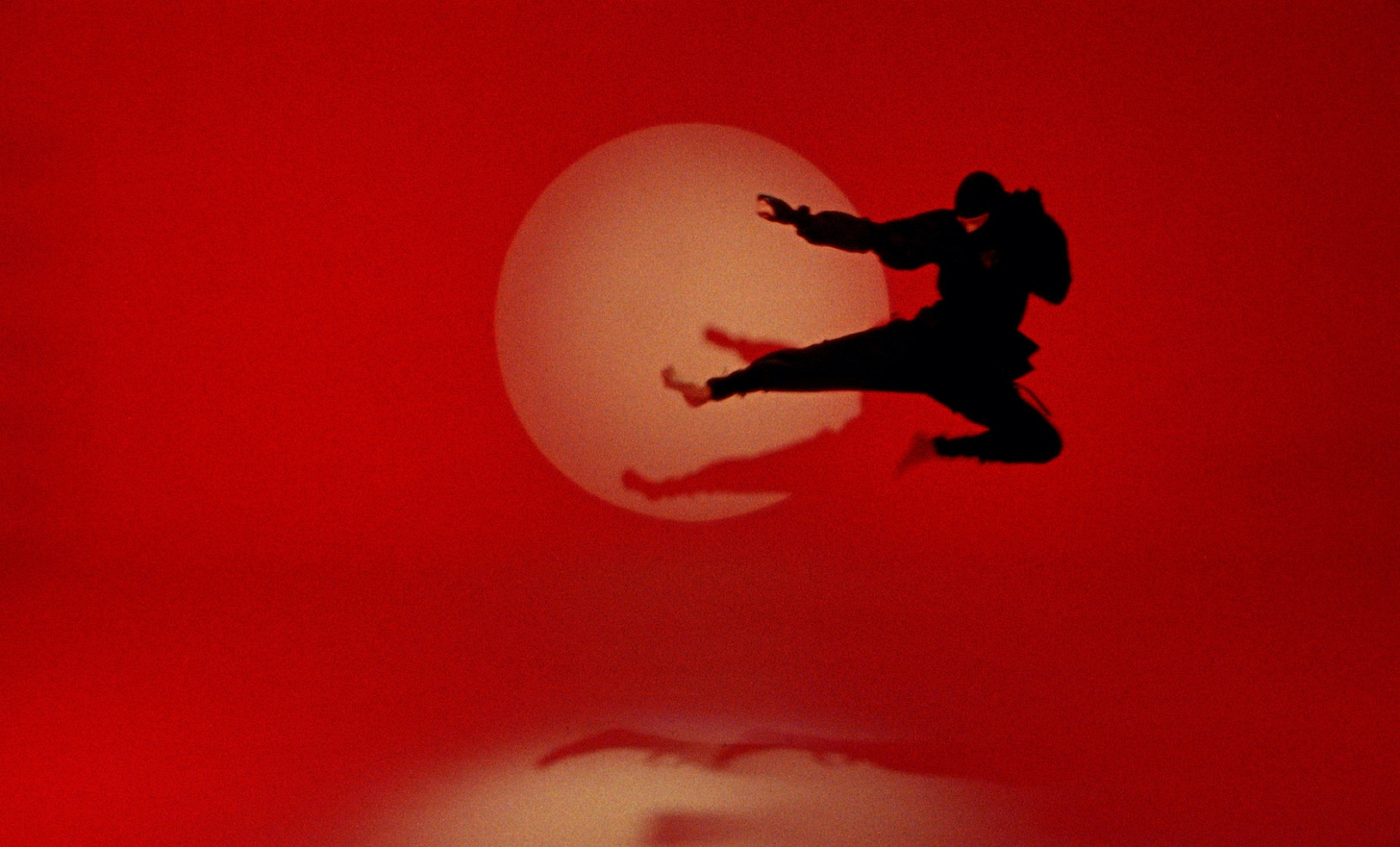Recently, a friend suggested that the Beach Boys song God Only Knows could be about someone who feels held back by their partner – “God only knows what I'd be without you…”
I’m pretty sure he was goading me, but it’s a fun interpretation to contemplate.
I realise this is a basic observation, but it still blows my mind that two people experience the same work of art in different ways. And that the same person can experience the same art in different ways at different times.
Taste and perception are very sensitive – to big things like time, and place, and happiness, but also more prosaic things, like background noise and blood sugar level.
Which means we can’t predict what we’ll respond to, or how. Which means sometimes, gloriously, a story finds us at the exact right moment.
Which is what happened to me with James Slater’s Look For the Diamonds (2022).
It’s the story of Joel Goldberg, none of whose four kidneys work, and so he needs to dialyse every day.
As he sits hooked up to the machine, his mind wanders across ideas and creative projects that come to life in James’ playfully stylised film.
At its heart it’s about seizing the day, but with none of the Instagram-earnestness that phrase conjures up.
I hope it finds you in the right moment too.
I interviewed James over Zoom. You can see more of his work on his website or his Vimeo.
Why did you want to tell this story?
I moved to Liverpool in the mid 1990s, and I was in a lot of bands. Joel's family, the Goldbergs, are this family of musicians and I used to play in bands with his brothers.
So we always knew of each other, but we were more like acquaintances, and then Friends on Facebook. I knew he was an interesting person – he was always doing funny sketches, and playing these daft characters.
Later on, I was like, what's that thing on his arm? And then he started opening up a bit more about his condition.
I thought that was fascinating – that I'd known this person as one thing, but they were living with this other thing.
That's the hook really. It’s about how his illness doesn't define him, and how he uses his perspective on life, his access to art, and creativity, and imagination, as a tool to deal with chronic illness.
I thought that would be an interesting film, but I didn't really know what it would be.
I went up to Liverpool and recorded an interview while he was dialysing. And it dawned on me that these flights of fantasy could be the pivots of the story.
What was the biggest challenge in making the film?
For a project of this nature, you have to chip away at it a day at a time.
On a few occasions I'd shoot a music video, and then through the back door, I’d shoot a little bit of the doc.
For example, there's a studio shot where he's in a car, driving around. I was filming a video – I got Joel to come down over lunch and got him on set.
Also, the edit was tricky. I knew it was there, but I didn't understand quite how to unlock it, how to have that unforced flow. Because when you describe it, it might seem really jarring.
Is there anything you would do differently?
I feel there could have been a couple of scenes with more real life, so those fantasy tangents took it even more down that magic realist route.
It’s mundane, and then something goes off.
What are you most proud of?
Without sounding cheesy or whatnot, I got a really lovely friendship with Joel.
I really respect that he opened up so candidly, and he trusted me. I know it’s a cliche, but I don’t really watch films once they’re done. Once it's made, it's made.
But the thing that really sticks with you are those relationships you make, and I made a lovely one with him.
You can't live forever on dialysis. He's had friends that have died in their sleep, because their hearts have failed. So he lives life for the moment.
One of the only things he said to me before we started was, “Don’t waste my time. I can’t be faffing around – I've got other things to do.”
How did making this film change you?
There's a lot of me in that film. Even though it's about Joel, it feels like my personality as a filmmaker comes through.
I like that style, and it's given me the confidence to continue down that path.
In terms of reflecting on my own life and how I spend my time, it's put things into focus for sure. I still procrastinate an awful lot, but I get things done now.
I love James’ anecdote about sneaking Joel onto his set during lunch hour. That’s how passion projects tend to get made - with guile, and ingenuity, and cheeky resourcefulness.
Thanks to James, and you for reading. God only knows what I’d be without you…




